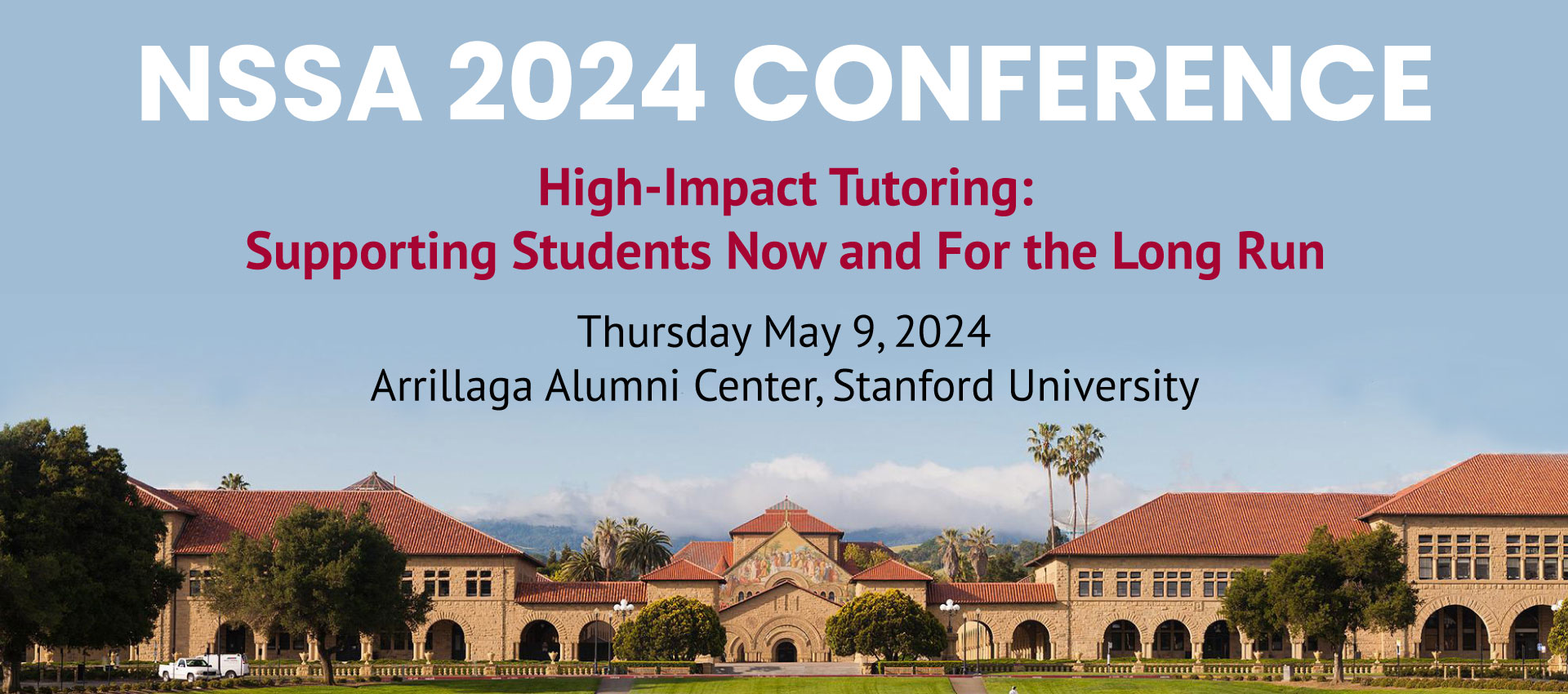Breadcrumb
- Home
- Upcoming Events
Upcoming Events
Past Events
In the admirable rush to support students in the wake of pandemic-era learning loss, schools quickly implemented tutoring initiatives—with varying degrees of success.
Luckily, studies show that students who participate in high-impact tutoring can experience more than 40% and 200% of growth in reading and math proficiency, respectively. Meanwhile, K-12 leaders say this form of tutoring is increasing teacher retention and recruitment in their districts.
In this webinar, education leaders will hear first-hand accounts of successful high-impact tutoring models from a district’s chief academic officer. Also, field research experts from institutions, including Stanford University, and professionals who collaborate directly with district decision-makers will present case studies and stats on how to sustain high-impact tutoring to make a lasting effect on student learning, school culture, and educator job satisfaction.
What led to the rapid spread and adoption of tutoring as a solution? What will it take to bring tutoring to the scale? And what can the science of advocacy teach us about how other policy ideas might follow a similar path? In this AdvocacyLabs webinar, FutureEd Policy Director Liz Cohen will moderate a discussion with panelists including Stanford University Professor Susanna Loeb, JerseyCAN Executive Director Paula White, and 50CAN CEO Marc Porter Magee.
Two years have passed since the educational landscape embraced high-dosage tutoring as a pivotal strategy for enhancing K-12 student learning and achievement. This panel revisits the concept with fresh insights, assessing its long-term effects and the evolution of best practices in the wake of continued research and on-the-ground experiences. We'll delve into how high-dosage tutoring has been adapted and scaled across diverse educational settings, the challenges faced, and the successes achieved. Experts will share innovative approaches for integrating tutoring into the curriculum, leveraging technology to enhance accessibility, and evaluating the impact on both academic and socio-emotional student outcomes. Whether you're looking to refine your existing tutoring program or are curious about the latest developments in this dynamic field, this discussion will offer valuable perspectives on supporting student success through targeted instruction. Join us to explore the next chapter of high-dosage tutoring and its role in shaping future educational practices.
Speakers:
Cignition, Inc. is proud to partner with educational leaders across the country to offer insight into effective high-impact tutoring implementation. In this edLeader Panel, attendees will hear from decision makers at the district and state levels on why they believe high-impact tutoring is so invaluable for academic intervention. They’ll also:
- Learn how to integrate tutoring sessions into existing school schedules
- Understand strategies for selecting students to participate in tutoring
- Hear how differentiated instruction is the key to results that teachers and parents hope for
- Review funding sources for high-impact tutoring
As many as 80 percent of school districts and charter school organizations have launched tutoring programs to help students rebound from the pandemic. The challenge now is to scale evidence-based tutoring that gets results and sustain it beyond the fast-approaching deadline to spend federal pandemic-relief funds.
To learn more about how districts are doing this, FutureEd Policy Director Liz Cohen will moderate a discussion featuring:
- Zenovia Crier, principal of Lyndon B. Johnson Elementary School in Odessa, Texas
- Michael Duffy, president of the Great Oaks Foundation
- Katie Hooten, executive director of Teach for America’s Ignite tutoring program
- Susanna Loeb, executive director of the National Student Support Accelerator at Stanford University

